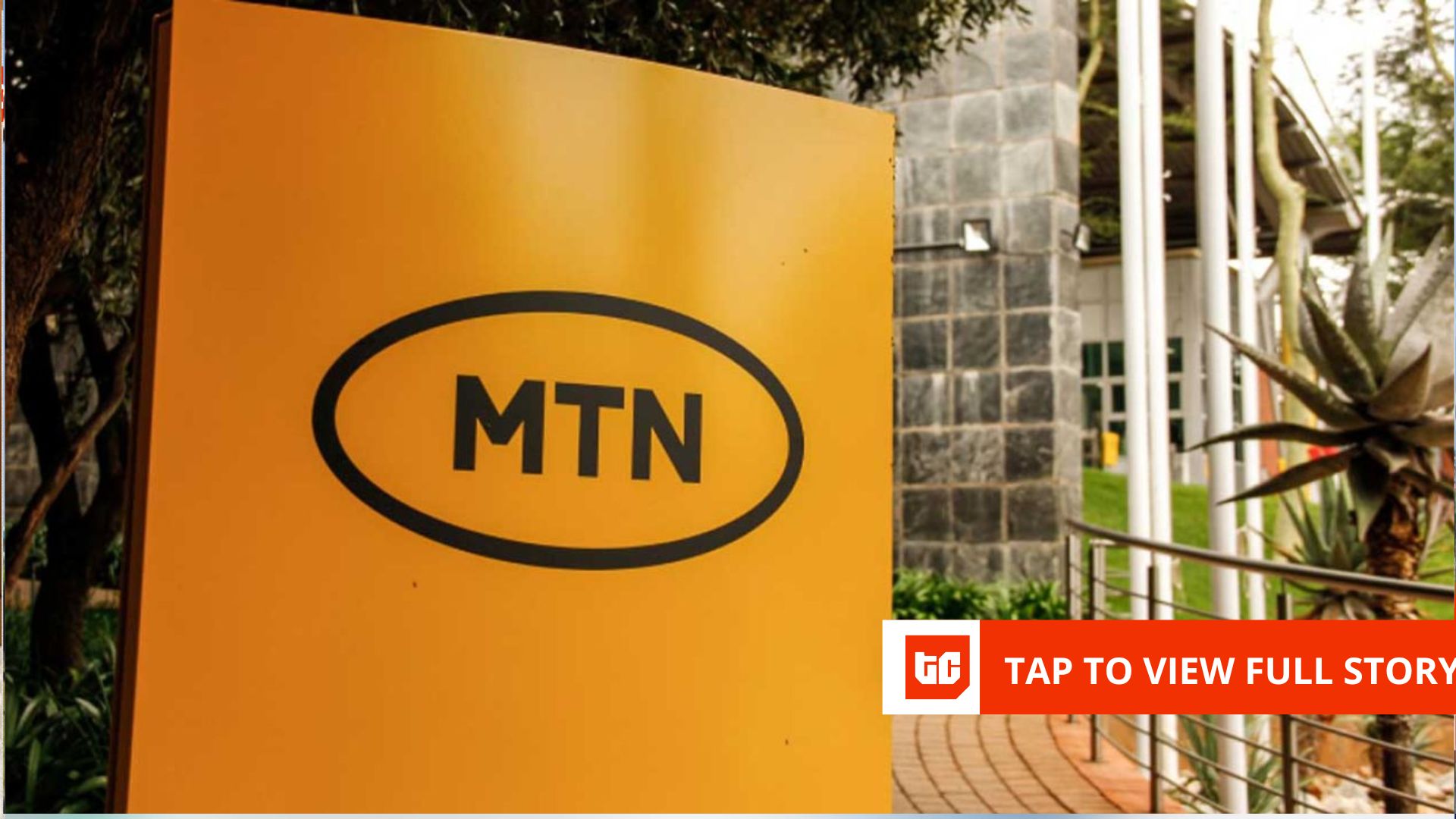Coronation Wealth, the investment platform and fintech subsidiary of Coronation Group, is making a long-term play to turn millions of Nigerians into first-time investors, most of whom have never bought a single stock.
Launched in April 2024, the company is tackling one of the country’s most persistent financial challenges: a deep lack of participation in formal capital markets. Despite a population of more than 200 million, fewer than 1% of Nigerians invest in collective investment schemes like mutual funds, according to the company. CEO Olufemi Yoloye sees this as both a risk and a major opportunity.
“The market is so thin that it’s not a game of snatching customers from another house,” Yoloye told in an interview. “We literally have to create a market for the investing public.”
Coronation Wealth is solving for two key pain points: low financial literacy and poor access to investment tools. Its solution comprises three core products: a digital investment education platform, a gamified fantasy trading league using live market data, and a consumer investment app aimed at simplifying the onboarding process for first-time users.
Its Coronation Investment Academy, which has attracted nearly 400,000 learners, offers free, digestible educational content to help bridge the knowledge gap that often drives Nigerians to riskier, informal investment schemes. “That’s why every year there’s a new Ponzi scheme, and every year it has victims,” he said.
The company has also rolled out the “Play Coronation Fantasy League,” a virtual platform that allows users to trade virtual portfolios using real-time market data. This gamified approach, which simulates managing a ₦100 million ($75,000) portfolio, is designed to engage users and make investing more approachable.
“If MTN is ₦20, it is ₦20 on the fantasy league,” Yoloye explained. “If it rises, your portfolio reflects that.”
Targeting retail investors
The Coronation Wealth app is the actual investment platform, designed with simplicity in mind. Yoloye explains that the app prioritises ease of use: “The retail guy cannot be overwhelmed by the information.” With just a few graphs and straightforward analysis, the app avoids the complexity that can deter new investors. Coronation Wealth also offers proprietary research, including stock recommendations and model equity portfolios, such as one that returned 50% last year, outpacing inflation.
The company’s strategy focuses on breaking down barriers for retail investors by providing access to investments that have traditionally been the domain of high-net-worth individuals and institutional investors. For example, commercial paper – a popular fixed-income instrument – is typically out of reach for most Nigerians due to its ₦5 million ($3,121) minimum investment. However, Coronation Wealth has found a way to allow retail investors to participate by pooling their money into funds that invest in such instruments. “We’re democratizing access to investment,” Yoloye says.
Yoloye’s investment philosophy is centered on “first principles.” He advises users to assess their “risk appetite,” “investment horizon,” and “budget” before diving into the world of investment. “When in doubt, just go for a money market fund,” he suggests.
“If you don’t have time to track yield curves or monitor MPC [monetary policy committee] communications, it’s someone’s job to do that for you when you invest in a fund.”
Beyond investing
Coronation Wealth is also positioning itself as a “multi-sided platform” that serves as an intermediary between various financial services and retail investors. The platform integrates several services from across the Coronation Group, including Coronation Asset Management, which offers mutual funds, money market funds, and fixed-income instruments, and Coronation Securities, which provides access to stock trading. The platform will also eventually offer insurance products, with regulatory approvals pending.
For Yoloye, the aim is to provide a one-stop shop for all things related to capital markets. “We’re not there yet, but we’re live with mutual funds and shares,” he says. “By the end of the year, we should roll out insurance and other services. Over time, we’ll layer services from our partners as well.”
Despite the competition, Yoloye doesn’t see other players in the market as direct rivals. “Anywhere people can put money today, I see them as a competitor, more realistically, more practically, I see them as peers,” Yoloye says. He tracks other capital market operators, such as Optimus by Afrinvest, I-invest by Sterling, and PiggyVest, observing their strategies and using them as benchmarks.
“Whenever they do anything [features and product offerings], I’m eager to see how we can support building the capital market,” he adds.
Coronation Wealth says its digital-first approach sets it apart from traditional players in the market. “We are closer to tech bros than institutional,” Yoloye says, noting that the platform’s agility allows it to rapidly adapt to market needs. The company recently rolled out an updated version of its app in January 2025 to improve performance and align more closely with user preferences.
“We had to rewrite the entire app,” he explains. “Not because it was more from a perspective of we need to improve performance, but because there was a lot of groupthink. We wanted to make the app work for everyone, not just capital market players.”
Coronation Wealth sees a massive opportunity to reshape Nigeria’s investment landscape. The country’s average age is skewing younger, with 62% of the population under the age of 24, according to the National Bureau of Statistics (NBS). This shift presents a unique chance to meet a new generation of investors where they are and build a more inclusive market.
“If all we’re able to do is support national discourse with raw data, we can make the case for regulation adjustments that allow younger investors to participate,” Yoloye says.
Coronation Wealth’s long play is that financial inclusion won’t be driven solely by bank accounts or payments, but by equity ownership. It’s betting that Nigeria’s next million investors aren’t coming from the banks. They’re being created from scratch.










